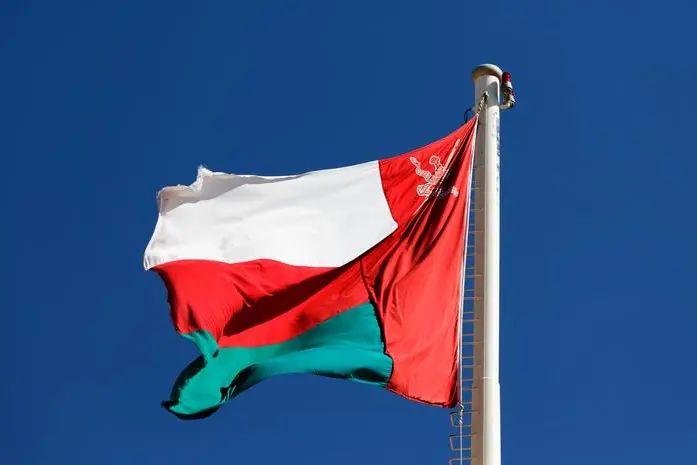PHOTO
Muscat – Oman and Sri Lanka share long-standing relations in culture, business and knowledge, having maintained a cordial, economically beneficial and culturally vibrant bond.
The two nations have continued to strengthen relations in recent times through diplomatic dialogue and collaboration in various fields such as energy, infrastructure, sports, food and art.
H E Ahamed Lebbe Sabarullah Khan, Ambassador of Sri Lanka to Oman, shared insights into the ties and future plans between the two countries, including trade and business. Excerpts from an exclusive interview –
What is your immediate focus for the remainder of 2024?
Sri Lanka opened its resident embassy in Muscat in 1987, following the increasing number of Sri Lankan expatriate workers in the sultanate, with a view to providing efficient consular services to its nationals. Since then, the embassy has also focused on augmenting bilateral relations in multiple sectors including agriculture, finance, education, trade, tourism and investment. This year, the embassy is prioritising two main areas: streamlining labour migration and increasing bilateral economic cooperation. The embassy continues its awareness campaign to stop the exploitation of migrant workers who are illegally brought to the sultanate using visit visas. The recent Sri Lanka Roadshow arranged by the embassy in Muscat aimed at promoting tourism, trade and cultural cooperation between the two countries.
How many visas were issued to Omanis to travel to Sri Lanka last year? What were the main purpose of visits?
Omani nationals can obtain Sri Lankan visas online. Currently, the visa is issued at srilankaevisa.lk. Last year, nearly 2,500 Omani nationals visited Sri Lanka for tourism, with general sightseeing and Ayurvedic rejuvenation being major purposes. Sri Lanka is rated one of the top five tourism destinations by leading publications such as Forbes, Fortune and India Today. We expect more Omani nationals as well as expatriates in Oman will visit Sri Lanka this year for various activities such as wellness, adventure, watersports and motorsports tourism.
How does the Sri Lankan embassy assist runaway maids?
Employers spend large sums of money to recruit female domestic workers, while the latter expect a safe workplace. When they face unexpected difficulties such as overwork, delayed salaries, and other exploitations, they tend to run away from their workplaces. When they come to the embassy seeking assistance, they are referred to the concerned authorities or registered recruitment agencies to find amicable solutions. We also arrange temporary shelters, medical treatment, counselling and repatriation costs on a case-by-case basis.
Are there any plans to upgrade Sri Lanka School Muscat?
The school was started as a community initiative to serve Sri Lankan children in Muscat. In compliance with local regulations, it currently functions as an international school managed by the parents. Its student enrolment has reached full capacity with increasing requests for admission from not only Sri Lankans but also other nationals. The school board of management is currently considering expansion of infrastructure to increase student capacity.
Which sectors have seen new investments and business exchanges?
Sri Lankan small and medium entrepreneurs positively view Oman for business joint ventures and investments due to its geographical location, ease of doing business and free trade agreements. A Sri Lankan manufacturer of rubber gloves is currently setting up a new facility in Oman, while an upcoming hospitality company is working on setting up tourist resorts in Jabal Akhdar. Omani investors have entered the Sri Lankan market for garment manufacturing, boat building and real estate development.
What is the status of people-to-people relations between the two countries?
Sri Lanka and Oman have always enjoyed very cordial relations at all levels. Omani traders and seafarers have visited Sri Lanka since ancient times. Sri Lanka was a port of call for the famous Omani dhow Jewel of Muscat during its voyage to East Asia in the 19th century. A variant of Omani halwa is fondly known as ‘Muscat’ in Sri Lanka. Both countries have evolving cinema industries that provide room for future collaboration.
© Apex Press and Publishing Provided by SyndiGate Media Inc. (Syndigate.info).Tridwip





















